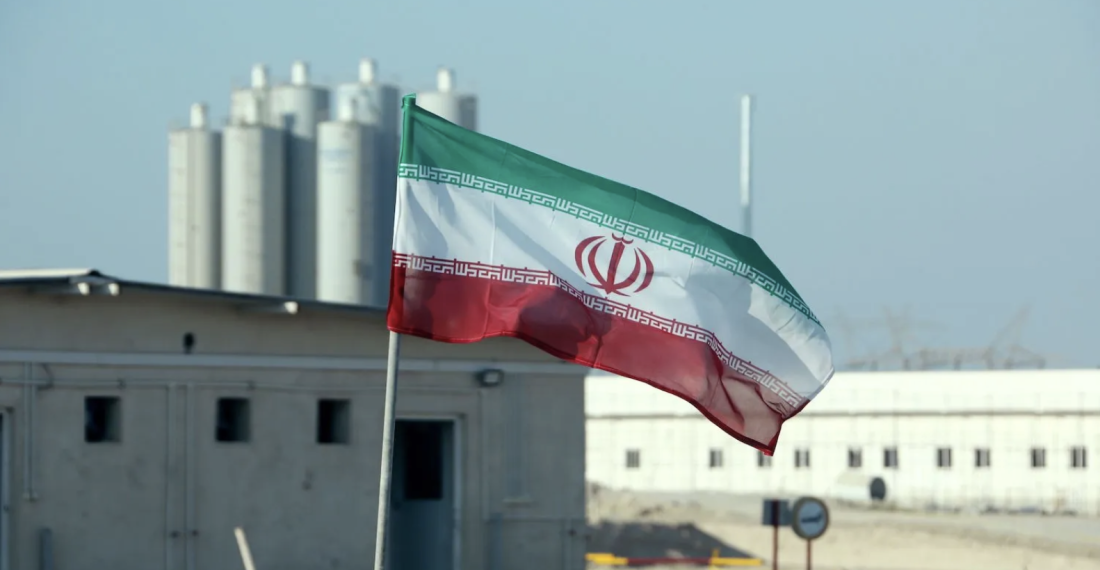According to a spokesperson for the Iranian Ministry of Foreign Affairs, the Iranian parliament is working on a proposal to withdraw from the Non-Proliferation Treaty (NPT). The treaty is intended to prevent the proliferation of nuclear weapons. Iran claims to oppose the development of weapons of mass destruction. Dating from 1970, the treaty has been signed by 190 countries.
The only countries not to have signed the treaty are India, Israel, Pakistan, North Korea and South Sudan. It limits the possession of nuclear weapons to five countries: the United States, the United Kingdom, France, Russia and China. However, more countries now possess nuclear weapons, including India, Pakistan and Israel.
News
Iran’s parliament considering withdrawal from nuclear proliferation treaty






